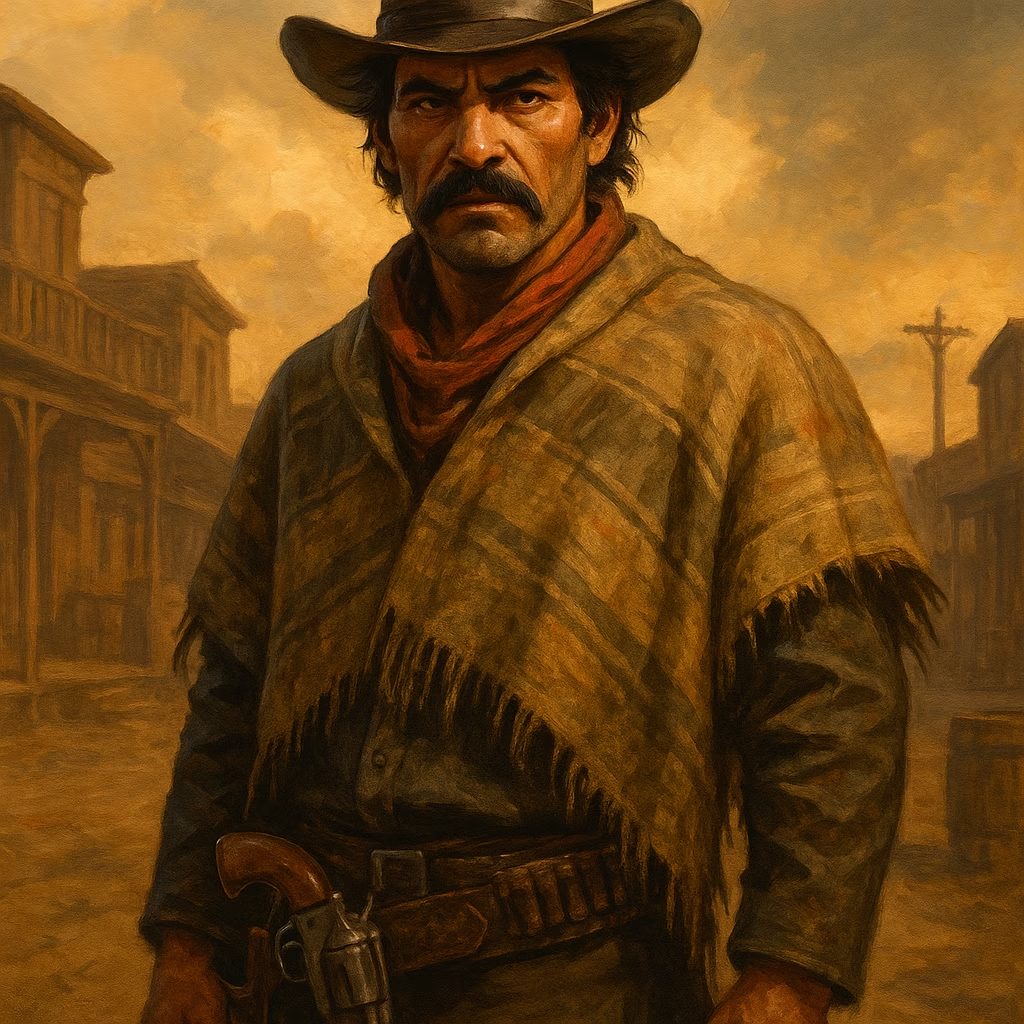As I wandered through the gritty streets of Saint Denis in Red Dead Redemption 2 back in 2025, I stumbled upon a stranger mission that left me reeling—'The Mercies of Knowledge.' It started innocently enough, with a quirky professor promising a 'machine of love,' but that facade quickly crumbled, plunging me into one of the game's most unsettling moments. I remember feeling a mix of curiosity and dread, drawn in by the promise of exploration, only to witness something that haunted me long after I put down the controller. This wasn't just another shootout; it was a stark reminder of how Rockstar Games masterfully weaves real history into its narratives, forcing players like me to confront the brutal truths of the past. 😨
Meeting the Professor felt like stepping into a twisted carnival—a character so earnest in his quest that I almost believed his talk of 'calming troubled souls.' He sent me off to steal moonshine for his contraption, and I couldn't help but chuckle at the absurdity. But that humor faded fast when I realized what was coming.  Fetching that moonshine was easy enough, but the weight of what it represented settled in as I handed it over. What would this 'love machine' really do? My mind raced with possibilities, but nothing prepared me for the reveal.
Fetching that moonshine was easy enough, but the weight of what it represented settled in as I handed it over. What would this 'love machine' really do? My mind raced with possibilities, but nothing prepared me for the reveal.
The execution of Wilson J. McDaniels unfolded in a way that still sends shivers down my spine. Strapped into the electric chair, he wasn't just a pixelated character—he was a man screaming in agony, begging for mercy as the Professor zapped him repeatedly. I watched, frozen, as his body smoked and convulsed, the onlookers around me debating the 'humanity' of it all with chilling detachment. One woman even called it 'mighty fine,' and that casual cruelty hit me harder than any gunfight. 😱 In that moment, I wasn't just playing a game; I was a witness to torture, forced to grapple with my own complicity. Why did I help bring this criminal here? Was it justice or barbarism? The scene's directness, devoid of epic battles, made it painfully intimate—a raw, unflinching portrayal that left me questioning the very nature of redemption in this world. Unlike the chaotic violence of main missions, this felt personal, a slow-burn horror that lingered in my thoughts. McDaniels' crimes—murder, bigamy, and 'immoral animal husbandry'—didn't excuse the brutality, and I couldn't shake the feeling that I'd crossed a line. 🤔
Rockstar didn't pull this scene out of thin air; it's rooted in the grim reality of 1890, when William Kemmler became the first person executed by electric chair in New York. Just like in the game, his death was botched—requiring multiple shocks and reportedly setting his body ablaze. Learning that history after the mission deepened my unease; it wasn't just fiction but a distorted echo of actual events. This year, as I reflect on RDR2's legacy, it's clear how the game uses such inspirations to blur lines between entertainment and education. For instance, here's a quick look at other historical nods in RDR2 that I've encountered:
| Historical Event | RDR2 Representation | My Reaction |
|---|---|---|
| William Kemmler's Execution (1890) | 'The Mercies of Knowledge' electrocution | 😨 Felt uncomfortably real |
| Wild West Outlaw Gangs | Van der Linde gang dynamics | 🤠 Engaging but morally ambiguous |
| Industrial Revolution Impacts | Saint Denis' rapid urbanization | 🏙️ Made me ponder progress vs. exploitation |
But 'The Mercies of Knowledge' stands out for its sheer horror—it's not just about borrowing from history; it's about amplifying its darkness. Other missions, like those involving Native American conflicts or labor strikes, handle their roots with more nuance, often leaving room for player empathy. Yet here, the shaping of Kemmler's story into McDaniels' demise felt gratuitous, a deliberate choice to shock rather than enlighten. Why did Rockstar go this far? Was it to provoke thought or just to unsettle? I'm still wrestling with that. 😔
In the end, this mission taught me that RDR2's brilliance lies in its ability to hold a mirror to our past, forcing us to see the ugliness we often ignore. As a player in 2025, I appreciate how the game challenges me—not with mindless action, but with moments that demand introspection. What does it say about us when we're drawn to such narratives? Are we seeking understanding or just thrills? I don't have all the answers, but this journey through Saint Denis' shadows has reshaped how I view not just games, but history itself. Perhaps that's the real mercy of knowledge—it leaves you changed, for better or worse. 🤷♂️
Comments